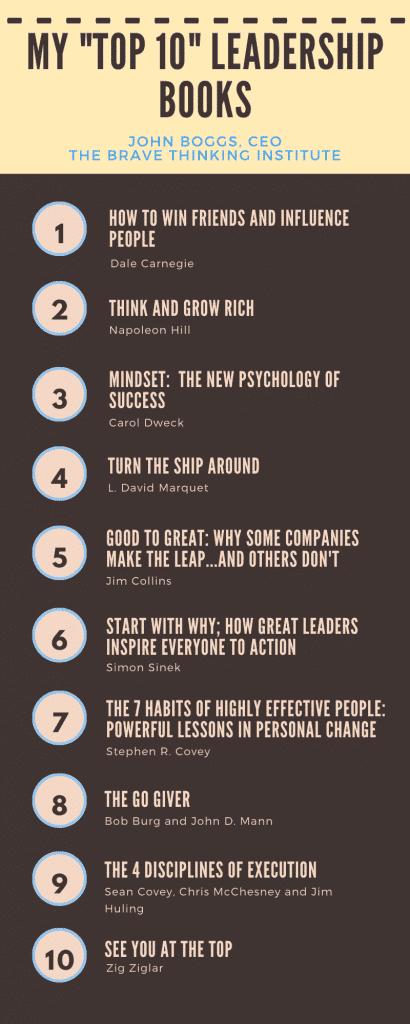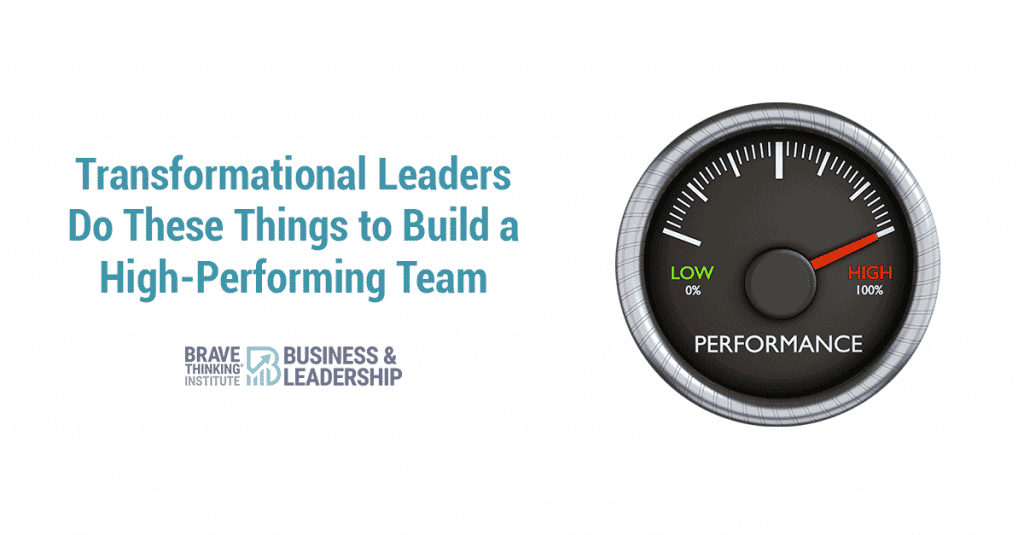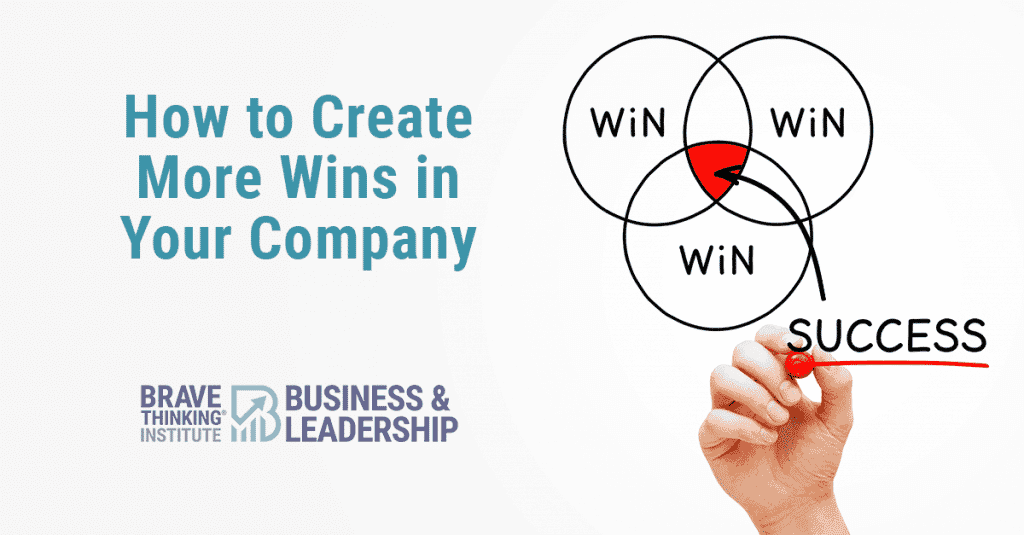Are all leaders readers? The successful ones are.
As you may have read, over the next few months, I will be diving in to MY TOP TEN leadership books. They are the best books for leadership development… period.

(If you’d like to go back to the first post about this collection, click HERE.)
In week #1, the first principle in the book How to Win Friends and Influence People that I shared was “no complaining, no condemning, and no criticizing.”
If children live with hostility, they learn to fight. If they live with fear, they learn to be apprehensive. If they live with criticism, they learn to condemn.
Ron Finley
People that are highly successful understand that when we complain, condemn or criticize, we automatically put ourselves on the wrong side of success. Instead, we want to cultivate a positive mindset for leadership development.
Last week we talked about expressing genuine appreciation and I encouraged you to think of someone to whom you could express appreciation. Turning up the volume on appreciation helps keep us away from condemning, criticizing and complaining.
So today, the third principle is to arouse in another a deep desire or want.
Unfortunately, every one of us is tuned to a very special radio station called WIIFM, which stands for “What’s In It For Me”. In his book, Carnegie teaches us to do something different. He says that it is important for us to pay attention to what’s in it for them.
No person was ever honored for what he received. Honor has been the reward for what he gave.
Calvin Coolidge
Let me give you an example. I wanted my kids to be good students, but when kids are young, they don’t really care about necessarily getting good grades on their own. They need some incentive. What’s in it for them?
On the days when I took my kids to school, I would ask, “Where is Dad going? Where am I going today?”
They would say, “You’re going to work.”
Then I would ask them, “Why am I going to work?”
“To make money,” they replied.
“Why is making money important?” I would ask.
Their reply was, “So that we have food to eat.”
I would help them understand that the vacations that we could go on, the house that we lived in, the cars that we had the blessing of driving, and yes, the food that we were able to eat, were a result of being a good worker.
As they were getting out of the car, I would ask, “What’s your job today?”
“To learn, Dad, my job is to learn,” each of them would answer.
“And what are the blessings that you get if you’re a good learner?”
They would tell me about sharing their allowance and the fun things that we had planned for them. They quickly understood that their job was to be a good learner.
As a proud father, I can say that my son really understood this concept well. He attended Texas Christian University, a great school in Dallas, and worked very hard for that.
My twin daughters have already chosen to go to great universities here in California. One of my daughters is attending the University of Southern California. Even though I grew up detesting USC as a sports fan (because I grew up in Oregon and I’m a major Oregon fan!), the father in me was very proud that she got into a school that has less than a 5% acceptance rate.
There are three constants in life… change, choice and principles.
Stephen Covey
One day I was kidding with her. After looking at the pricey tuition bill, I said, “Oh, Kiara, can’t you choose a different school?” But she told me that she didn’t work as hard as she did to go to anything less than her top choice.
“Right on, Kiara,” I thought. “You know your job. Your job is to work hard, be a good student.”
What’s the reward in it for whoever you’re trying to influence? That’s the principal here. For Kiara, it was the ability to choose to go to USC.
My other daughter chose the Honors College at San Diego State University. It’s a phenomenal school and a phenomenal program. (She actually turned down USC to go there!)
They both told me they finally understood what I was trying to teach them from the time they were young. As their friends were being rejected from schools, they finally saw the the benefit of doing the work.
The question always is…when you’re trying to influence someone, what’s in it for them? If they were to actually lean into whatever it is you want them to do, what is in it for them?
The better off you are at understanding that principle and executing that principle, the more success you will have winning friends and influencing people.
The first 3 principles end phase one. We’re 10% done. So for those of you that have followed every principle, I especially appreciate you.
What’s in it for you? An opportunity to learn something new. More importantly, you have the opportunity to put these principles into practice.
Think about that while you’re talking to people over the next week. What’s in it for them if they did what you would like them to do? I know what’s in it for me, but what’s in it for them? How can this principal help you in your own leadership development?
The more you can think from that perspective, the more influential you will be.
I’d love to hear your thoughts. Write a comment below. Tell me an experience where you were able to influence somebody in a positive way. Share this with others and make a difference in their lives.
Again, here is a list of my “go-to” books for leadership growth: Best books for leadership development!

“Reading is still the main way that I both learn new things and test my understanding.”




Leave a Reply